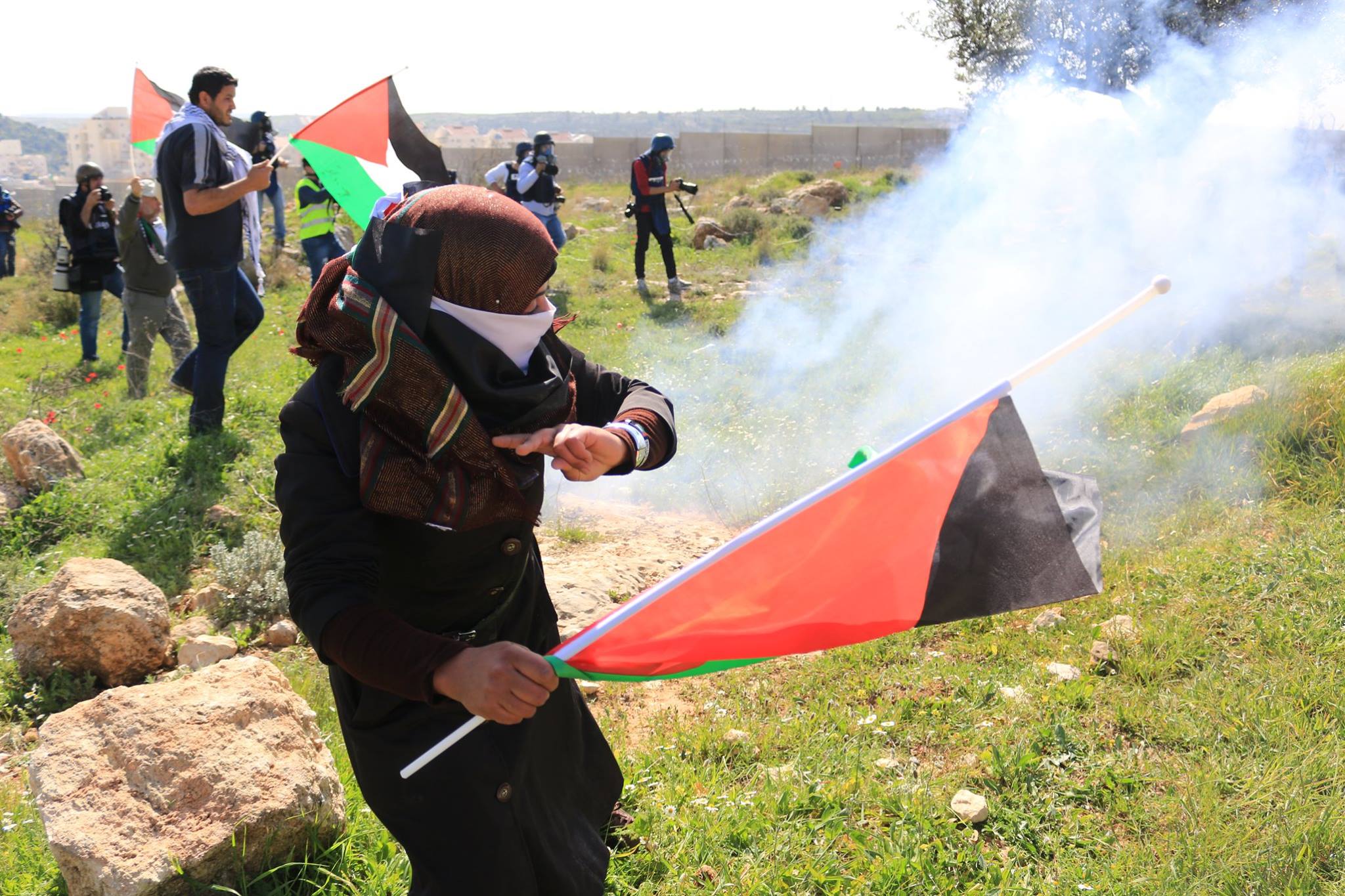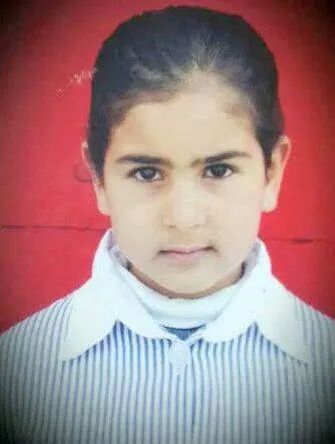Tag: Action Alert
-
One person shot at protest against Israel’s cancer-causing chemical plants in Tulkarem
29th April 2015 | International Solidarity Movement, Huwwara Team | Tulkarem, Occupied Palestine Around fifty Palestinians and international activists gathered today in Tulkarem, east of Nablus, to protest the presence of 11 Israeli chemical plants located in the city. The protest took place outside the Gishuri chemical plant on what is locally referred to as the “death…
-
UPDATED Action Alert: Help free Hanan, arrested at Bil’in 10th anniversary demonstration
4th March 2015 | International Solidarity Movement | Bil’in, Occupied Palestine Update March 2015: The Israeli prosecution appealed Hanan’s bail. She is still currently imprisoned. Her bail now needs to paid this Sunday, March 6. We have now raised 519 shekels, but she needs much more in order to be able to go home on Sunday. ******* On February…
-
Action alert: Help free 14-year-old Malak
1st February 2015 | International Solidarity Movement, Ramallah Team | Occupied Palestine On January 21st, 14 year old Malak Khatib was sentenced by the Israeli military courts to two months in Israeli jails. Malak has been in Hasharon prison for over a month now as her family continues to endure the unbearable absence felt in their small…



